Plus, there are a lot of good reasons to get a permit before you start any construction work ranging from avoiding unnecessary expenses to keeping your home a safe place to live. Building permits are important for your local building department because they are designed to maintain the safety and security of residential buildings. Working with a permit is therefore as much about keeping yourself safe as well as keeping your neighbors and future residents safe, too.
Reasons You Need to Work With a Permit
Because Things Can Get Really Expensive If You Don’t
Building without a permit is always a risky gamble. Getting caught building without a permit will lead to your municipality giving you a “stop work” order. Some building departments enforce a $500 daily fine until you comply, and you will likely have to demolish whatever you built. But it doesn’t end there, because your building department will then make you get building permits anyway, and the building permit cost can be doubled as a penalty.
If you manage to finish your project without getting caught, you can still get found out afterward. If this happens, your municipality can still issue a fine and have your work inspected. Walls will have to be torn up so that the changes you made can be checked. If your renovation isn’t up to code, you’ll have to do corrections. So, be prepared to tear it all up and start again, after getting a permit for renovation, of course.
But you won’t just have to worry about the city finding out. If you decide to refinance a home mortgage, you will need to get an appraisal, and if an appraiser finds that you have done significant work on your house without city permits, this could disqualify you for a loan.
Working Without a Permit is Dangerous
When you work with a permit, your work will be regularly inspected by an official from your local government. This helps ensure that whatever changes or additions you make comply with building codes and environmental regulations. If you work without a permit, you won’t have the benefits that come with these inspections, and that means that your DIY renovation will effectively be an exercise in flying blind. You’ll have no way of knowing if your work is fully compliant with local building codes and that can lead to some serious safety issues.
This is especially true if your work involves altering electrical circuitry, plumbing, taking down a wall, or other technically demanding projects. Even if these issues don’t immediately become apparent, they can rear their ugly heads later in the form of leaks, structural problems, and fire hazards. In the end, working without a permit means that you are vulnerable to unforeseen negative consequences that an inspector could have detected and corrected.
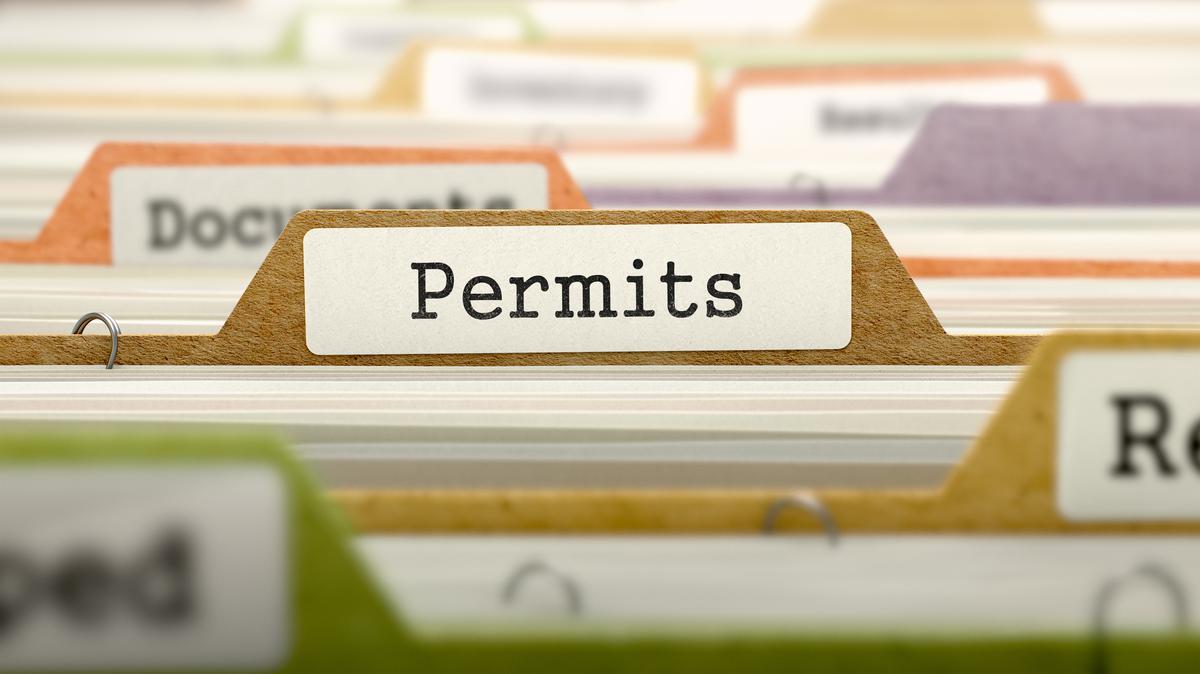
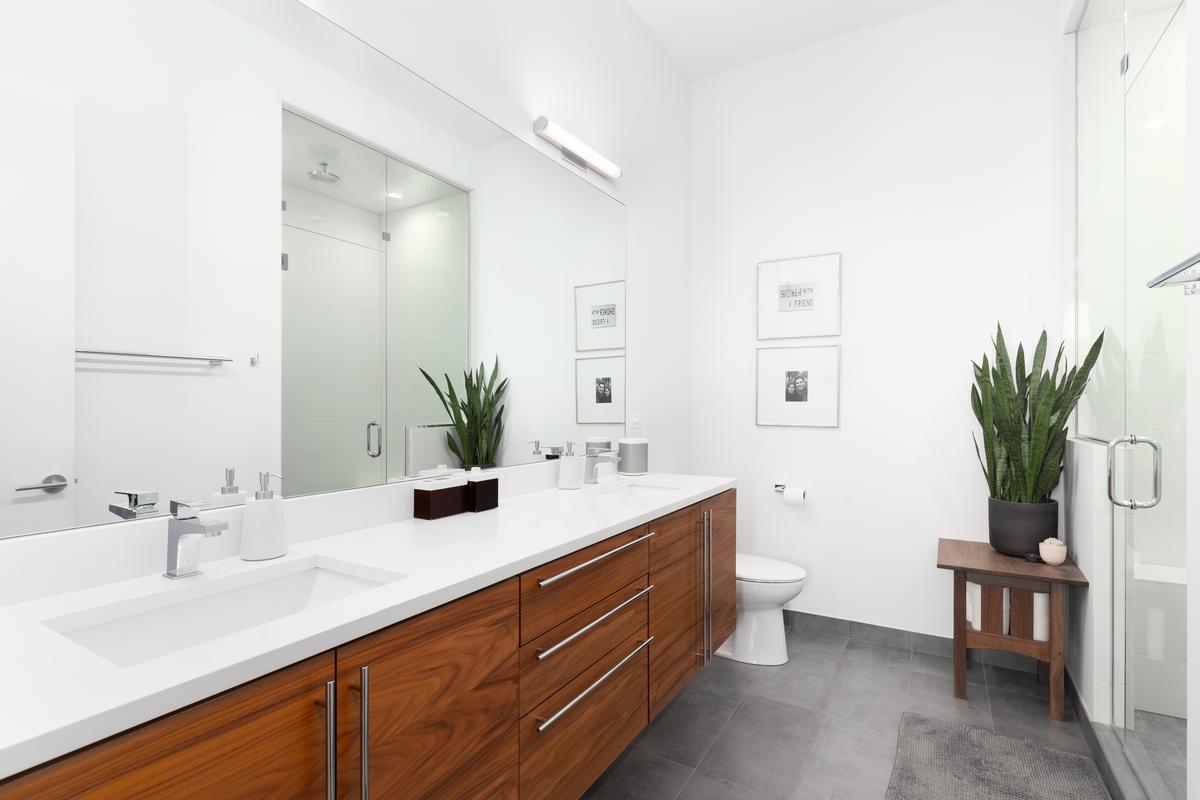
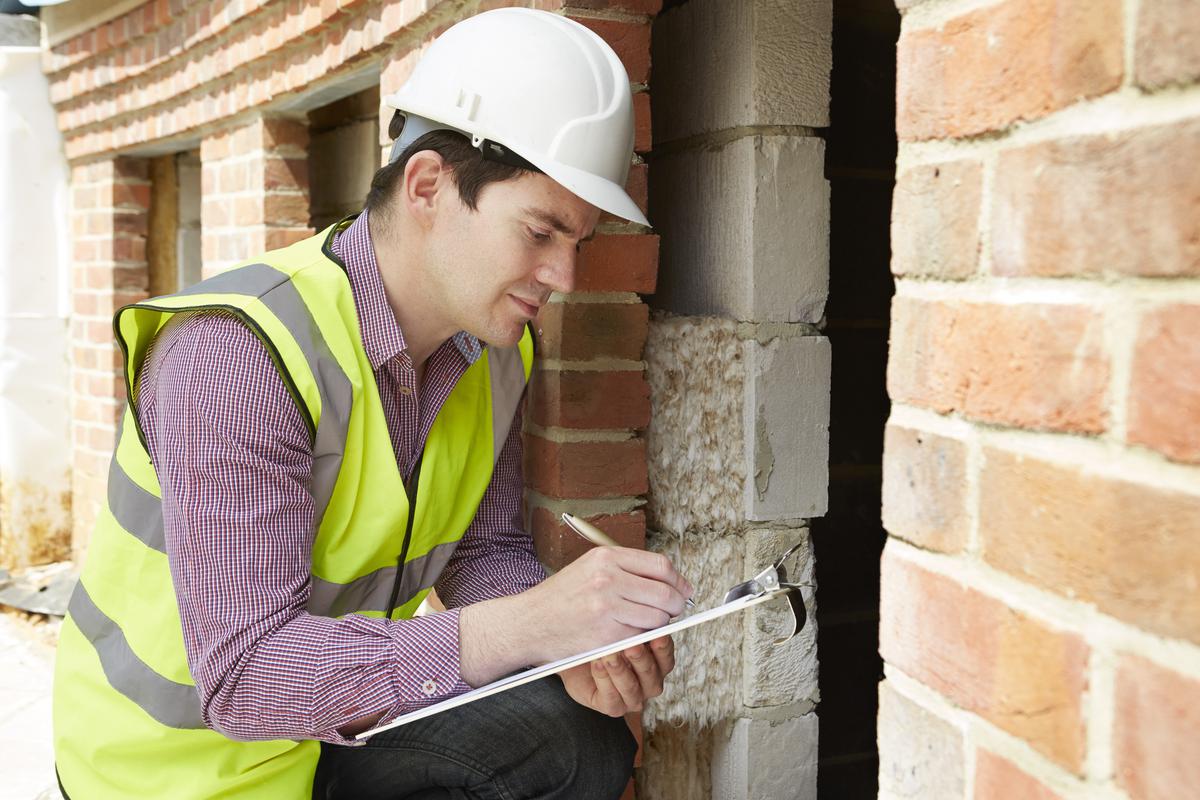
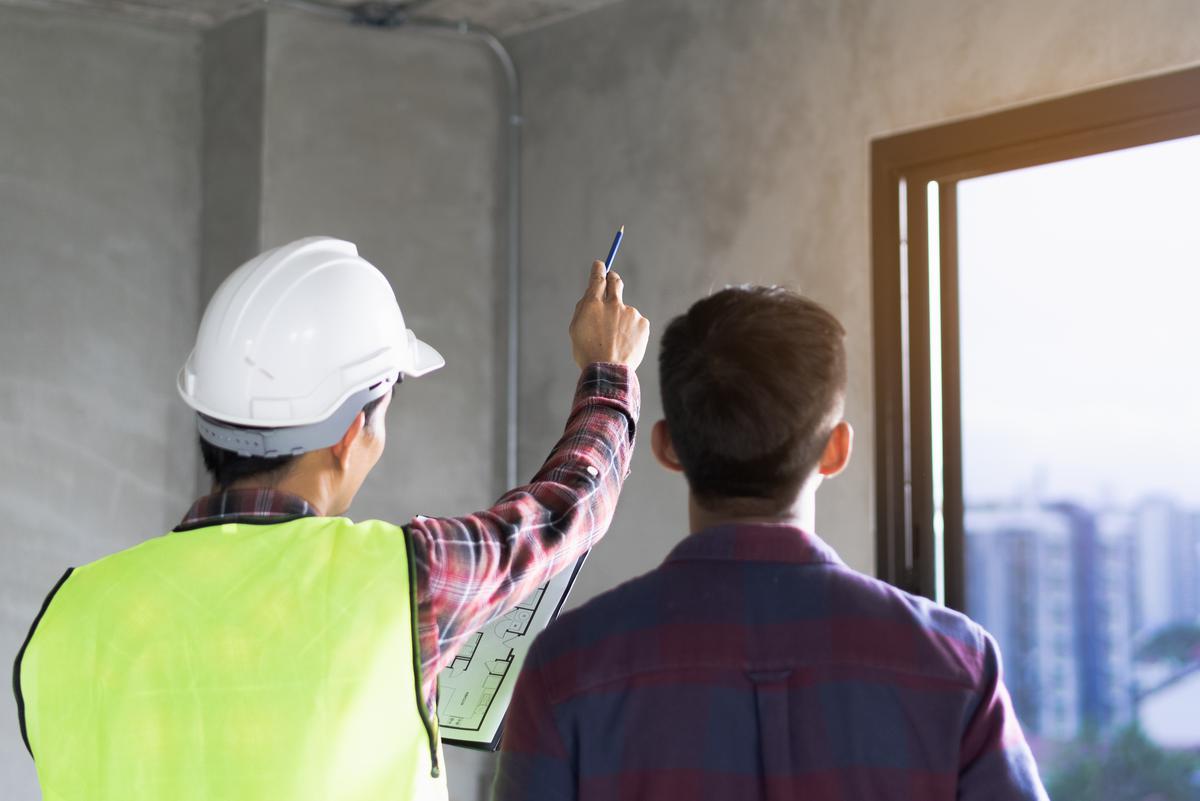
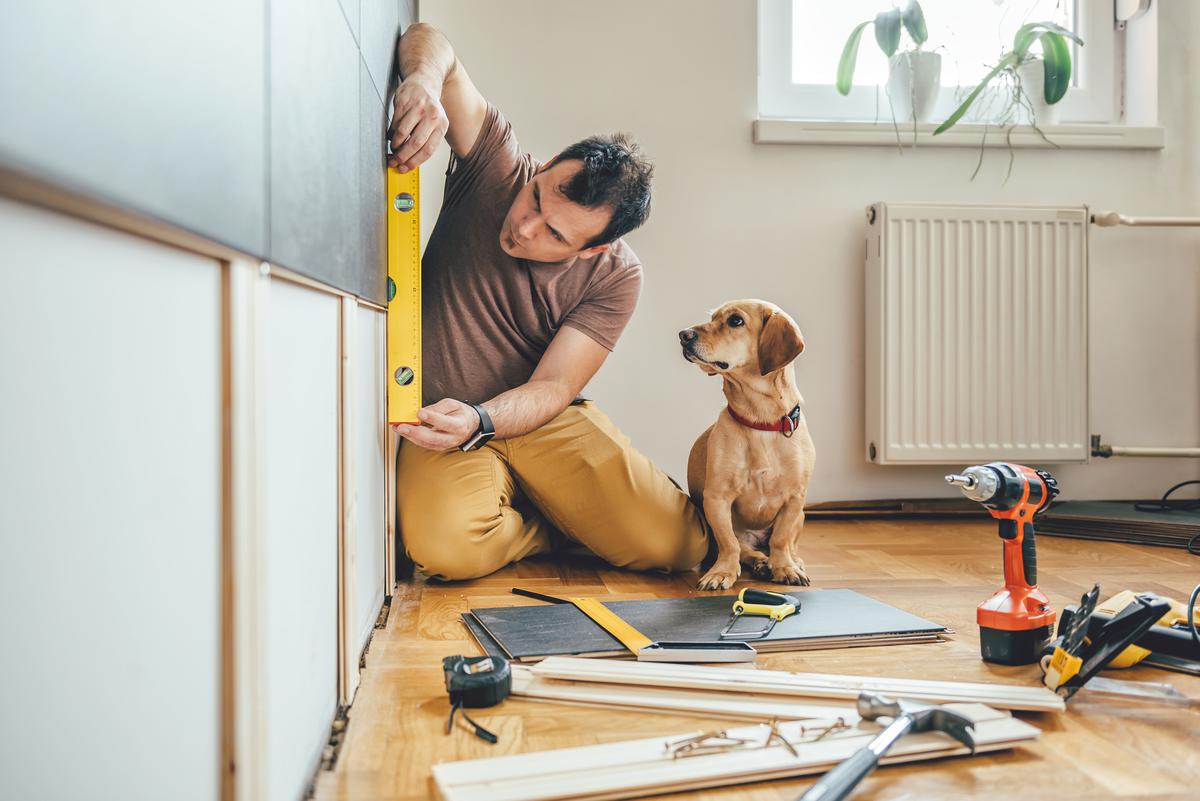
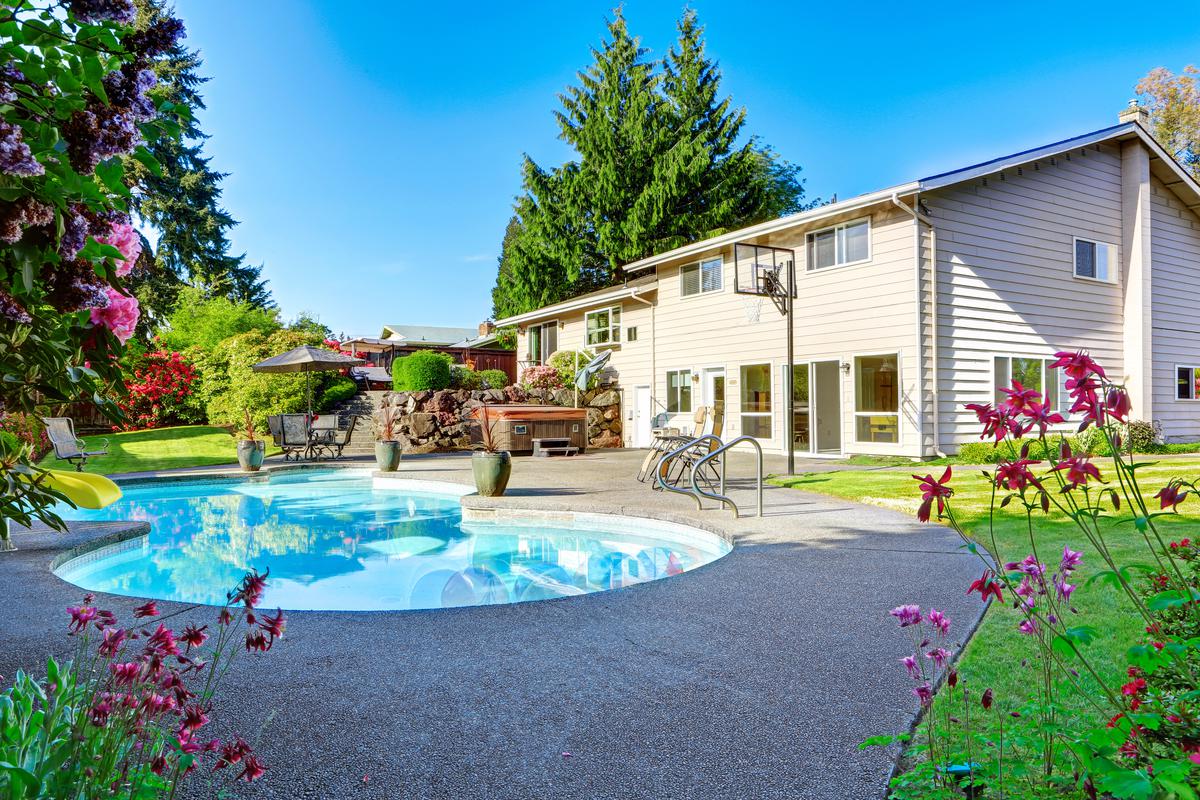
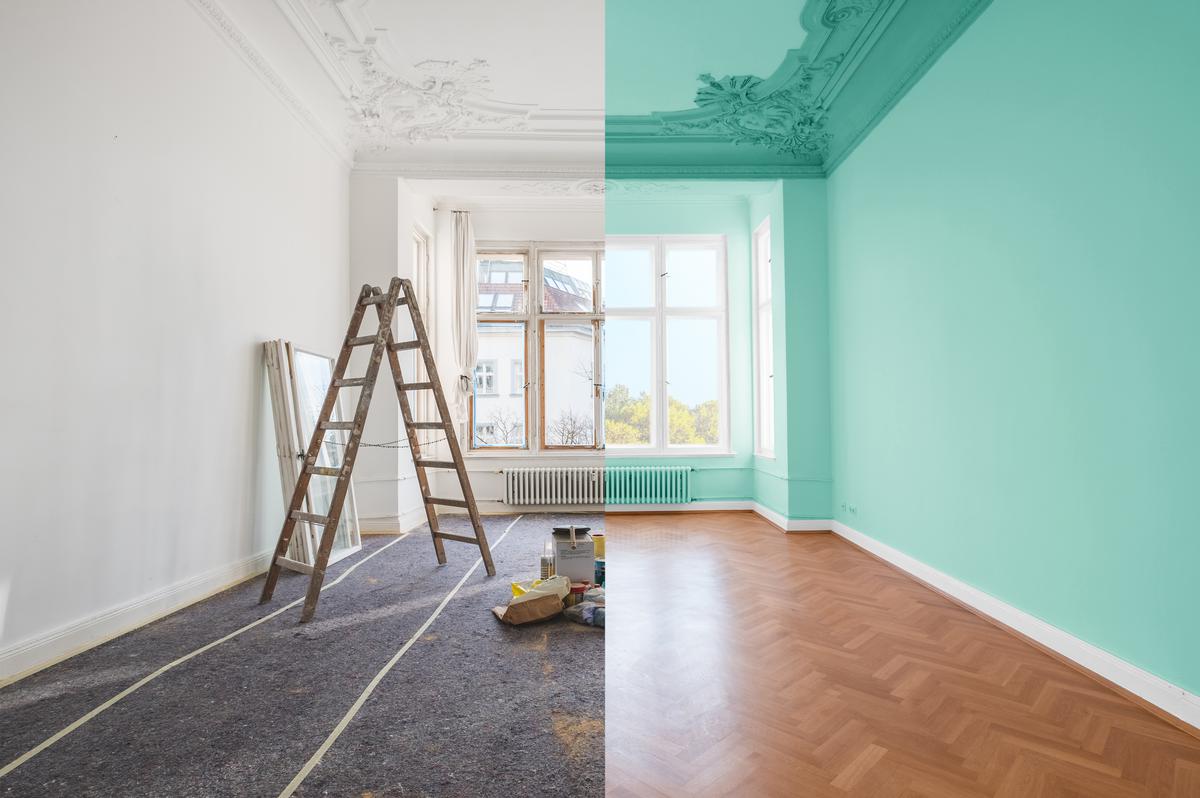

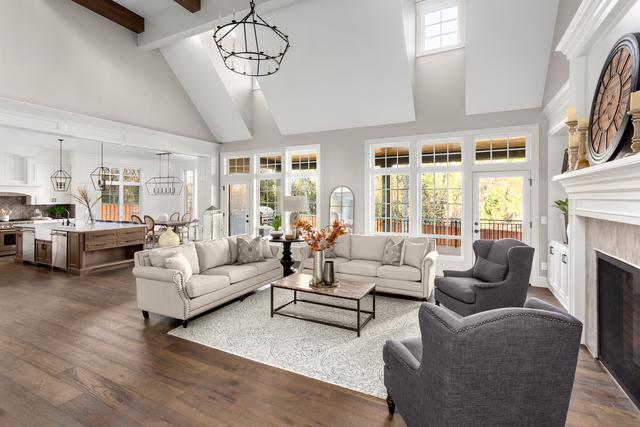
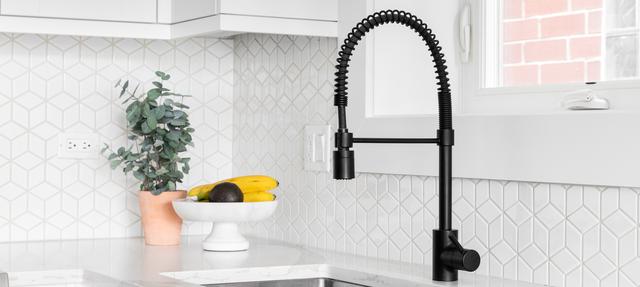

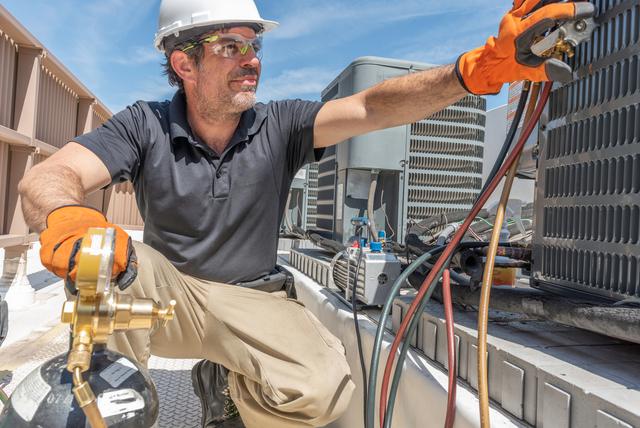
comments